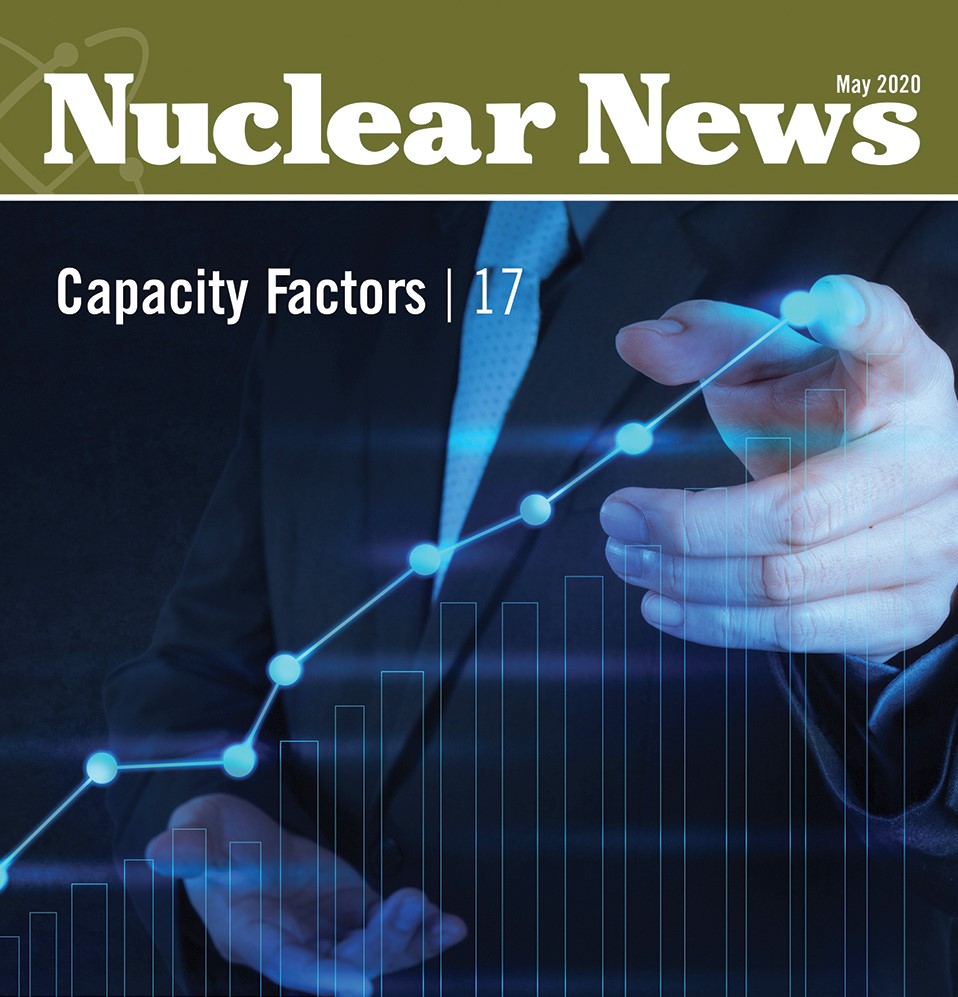Material cost reduction may be realized through cost-effective procurement scenarios, such as application of commercial grade dedication, reverse engineering, and electronic component repairs.

The Utilities Service Alliance’s organizational banners.
The Utilities Service Alliance (USA) was founded in 1996. Current membership stretches from coast-to-coast and includes eight utilities and nine nuclear stations: Energy Northwest, Columbia; Luminant, Comanche Peak; Indiana Michigan Power Company, Cook; Nebraska Public Power District, Cooper; DTE Energy, Fermi; Xcel Energy, Monticello and Prairie Island; STP Nuclear Operating Company, South Texas Project; and Talen Energy, Susquehanna. These plants represent 14 reactors (six boiling water reactors and eight pressurized water reactors) and more than 15,000 MWe of generation.
The USA Material Cost Reduction (MCR) project kicked off in January 2017. The Nuclear Energy Institute’s Delivering the Nuclear Promise initiative was in full swing as the utilities’ chief nuclear officers created multiple focus areas for cost reductions at the plants.
The interior of the process building at the American Centrifuge Plant in Piketon, Ohio, where Centrus Energy plans to operate a HALEU demonstration cascade by June 2022. (Photo: Centrus Energy)
Advanced reactor cores are being designed for higher efficiencies and longer lifetimes, but to get there, they need high-assay low-enriched uranium (HALEU).
Enriched to between 5 and 19.75 percent fissile U-235, HALEU is packed with nuclear potential. It can be used as a feedstock for the demonstration of new fuel designs, from uranium alloys to ceramic pellets and liquid fuels. Those fuels can enable advanced reactor and microreactor demonstrations. Operating light-water reactors could potentially transition to HALEU uranium oxide fuels for extended operating cycles and improved plant economics.


 House Democrats on June 30 rolled out a vision of what U.S. climate change policy might look like in the event the Democratic party holds its current House majority, retakes the Senate, and wins the White House in November. The vision was presented in the form of a sweeping 547-page majority staff report entitled
House Democrats on June 30 rolled out a vision of what U.S. climate change policy might look like in the event the Democratic party holds its current House majority, retakes the Senate, and wins the White House in November. The vision was presented in the form of a sweeping 547-page majority staff report entitled 

 Nuclear power plant performance includes both operational and safety aspects and is an outcome of numerous elements, such as the reliability of equipment, reduction in challenges to plant operations, protection of workers, and proficiency of operations. These elements are inextricably linked to each other and to the safety of each facility. In short, a well-run plant is a safe plant for the workers and the public, and a well-run plant is an efficient plant. By-products of high performance include improved regulatory performance, worker safety, plant reliability, and, most important, public health and safety.
Nuclear power plant performance includes both operational and safety aspects and is an outcome of numerous elements, such as the reliability of equipment, reduction in challenges to plant operations, protection of workers, and proficiency of operations. These elements are inextricably linked to each other and to the safety of each facility. In short, a well-run plant is a safe plant for the workers and the public, and a well-run plant is an efficient plant. By-products of high performance include improved regulatory performance, worker safety, plant reliability, and, most important, public health and safety.